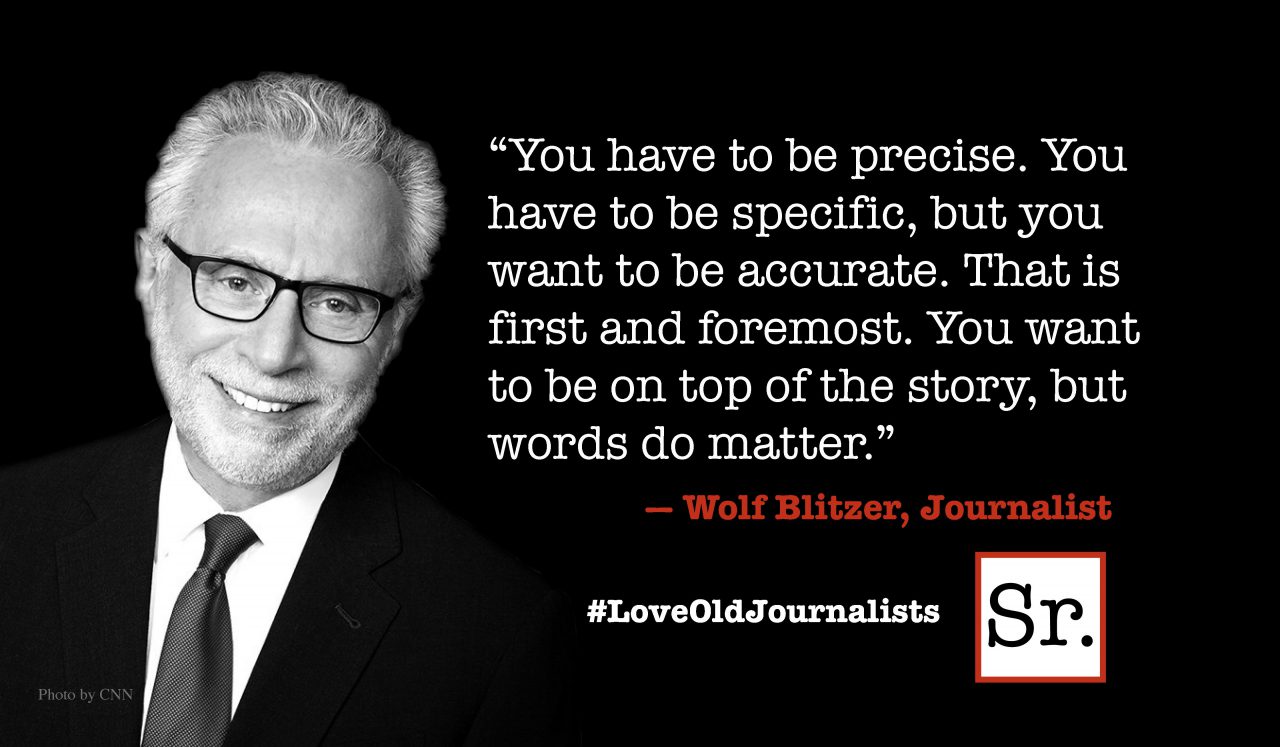There is no way to get my mind around a three day conference with 2,000 participants from around the world and about 200 presenters on 80 topics beginning with Bill McKibben on climate change and ending with a Whiteheadian philosopher. The event was jointly produced as the10th International Whitehead Conference combined with the 9th International Conference on Ecological Civilization, and included the launching of “Pando Populus,” which defines itself as a “platform” for the implementation of the wide-ranging subjects generated by the Conference.
Pando Populus is a massive Aspen-tree forest in Utah, which is said to be the largest single organism in the world! This forest of trees has an inextricably interrelated common root system, making it a single plant. The implication is that we are all inter-related, and our hope is that we can find ways to save our struggling society which for some time has been based on a mechanical, not an organic, understanding of reality. Pando Populus suggests that everything is related to everything else, and that reality is not made up of things, but of interwoven events. The universe is not composed of a catalogue of items, but a complex series of occurrences. As I understand it this was the core of the Whiteheadian emphasis.
I approached this conference as one of six blind men in the old fable approached an elephant. It depended on where one touched the beast as to what he thought it was. Given my limitations, I was fortunate enough to grab the tail, so I guess I saw the whole thing as a rope. Maybe if I climbed high enough I might be able to get a larger perspective. But the incline was very steep! Nevertheless, here is just a tiny sample of what I believe the conference had to offer — at least to me.
Given the domination of most things by a worn-out mechanistic understanding of how the world works, we have come to the point where faith that our institutions can be radically changed from the inside is unrealistic. Believing that contemporary structures will reform themselves is a futile hope. I refer to governments, universities, corporations, religion, international politics — on and on. If change will not come in a self-reformation by any of the institutions which currently dominate our society, is there an alternative?
What if most real social change historically has not come from the top down, or by reforming existing institutions from the inside, but from the bottom up? In recent history it is clear that the revolution demanding civil rights did not come from the politically or economic powerful, but from a few African Americans who met in a southern church and listened to a young preacher. The Vietnam war ended when enough young people, and others, took to the streets.
One speaker suggested the three things necessary to bring about radical change from below:
1. A universal—or almost universal goundswell. Perhaps “Occupy” with its emphasis on the 99% came as close as anything in recent years.
2. An ethical imperative. Three generations ago the Social Gospel formed the core of such a popular religious stance.
3. Clearly defined goals. Nobody doubted what the Civil Rights movement wanted to have happen.
The problem is that in contemporary society no movement has produced all three simultaneously. A one or two-legged stool is not only uncomfortable, it is easily toppled over.
The alternative seems to be some sort of new revolution from below, peaceful if possible, less peaceful if necessary. At the Conference this last approach constituted a very muted minority perspective. The solid work is currently being done as imagination overcomes intellectual inertia and whole new ways to think and work are taking shape. For instance, The Land Institute in Kansas is involved in a 100 year long program to develop perennial grains which will hopefully replace annual crops. Think about the implications! Like that effort, the core of almost every hopeful suggestion was in finding new forms of agriculture, education, governance, science, philosophy, religion and like Pando Populus, discovering their common rootage. I would very much like to hear about examples that have captured your attention.









